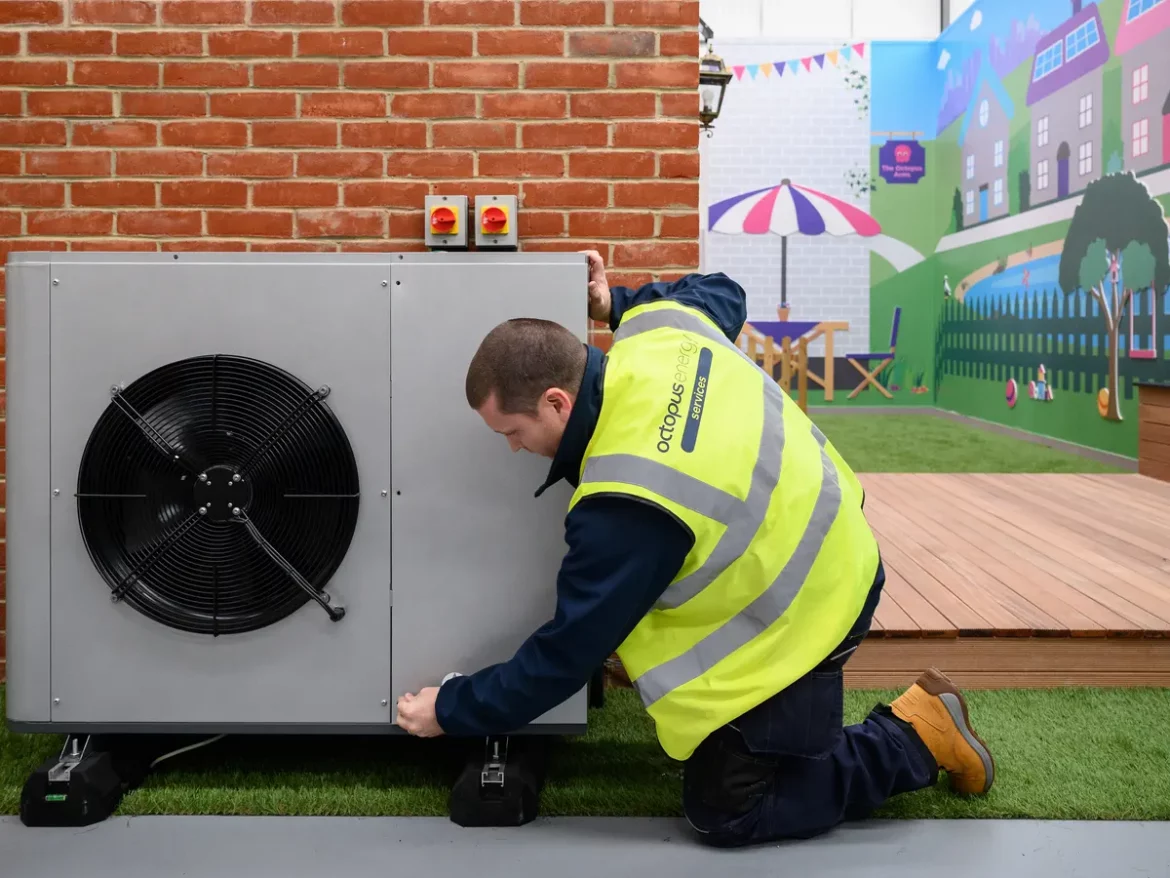Latest industry calculations have shown that the government’s home insulation scheme would take 190 years to upgrade the energy efficiency of the UK’s draughty housing stock and 300 years to meet the government’s own targets to reduce fuel poverty.
Critics of the Great British Insulation Scheme, which aims to insulate 300,000 homes a year over the next three years, have raised concerns that the plan does not go far enough to reach the 19m UK homes that need better insulation.
The Labour Party added that it would fail to address the government’s “disastrous record on heating our homes and that the rate of energy efficiency upgrades is 20 times lower than under the last Labour government.
The UK Business Council for Sustainable Development has calculated that the pace of the new scheme. Announced as part of a wide-ranging energy security strategy last week, this would take almost 200 years to reach the homes in need of upgrades.
According to fuel poverty charity National Energy Action, the scheme would take another 100 years to meet the government’s own targets for improving the home energy efficiency of households living in fuel poverty in England alone,
Read also: Thailand, Myanmar, Laos choked by pollution as leaders meet to improve air quality
“We simply don’t have that long to act,” said Jason Longhurst, chair of the UK Business Council for Sustainable Development.
On his part, Matt Copeland, head of policy at National Energy Action, said that progress on energy efficiency in the UK had “been far too slow for a decade”, and that the new scheme was “not well targeted at fuel-poor households, who need the most support with their bills”.
He added: “Our own analysis from the most recent set of fuel poverty statistics for England found that it will now take approximately 300 years for the government to hit its statutory target for all fuel-poor homes to reach EPC C – far behind the 2030 deadline.”
A spokesperson for the Department for Energy Security and Net Zero was also quoted as saying that “strong progress is being made to insulate homes” and that the government does “not recognise this analysis”.
Home insulation grants are considered a crucial part of the UK’s plan to become a net-zero-carbon economy by 2050 by making homes more energy-efficient. They would also offer immediate benefits to households by making homes warmer and lowering energy bills. However, the pace of home energy efficiency upgrades has stalled in recent years, leaving almost two-thirds of UK homes in need of better insulation.
The number of UK energy efficiency installations, such as insulating lofts and cavity walls, peaked in 2012 at 2.3m, but under the Conservative government, efficiency programmes were slashed, leading to a slump in home upgrades. By 2021, annual installations were 96% lower, at fewer than 100,000.
Story was adapted from the Guardian.
